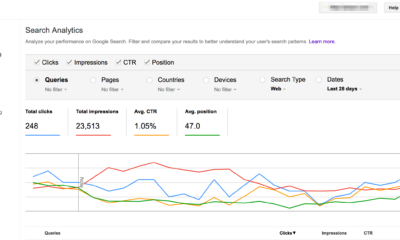News
Google will no longer store your location history inside Google Maps

It is worth noting that law enforcement agencies such as FBI and others are able to get your location history based on tools such as Google Maps. This is possible with the help of location history available inside your Maps account. But Google is now changing the way it stores data and will no longer maintain your location history in order to avoid getting geofence warrants.
As per a Forbes report, Google announced that “it would soon change the way it would store and access users’ opt-in “Location History” in Google Maps, making the data retention period shorter, and making it impossible for the company to access it. The report adds that “it will no longer respond to “geofence warrants,” a controversial legal tool used by local and federal authorities to force Google to hand over information about all users within a given location during a specific timeframe”. Forbes mentions that “Because geofence warrants — also known as reverse-location searches — have the potential to implicate anyone who happens to be in the vicinity of a crime, Google’s decision to end access to location data is a major win for privacy advocates and criminal defense attorneys who have long decried these warrants”.
A Google employee who was not allowed to come publicly about this mentioned that “along with the obvious privacy benefits of encrypting location data, Google made the move to explicitly bring an end to such dragnet location searches.” An attorney also said that “The repository of everyone’s location data dating back months or years was a hazard, and Google is trying to clean up that hazard,” and added that “That is a real benefit for people’s privacy for people’s locations over time which is some of the most revealing information about us.”
It is reported that “Armed with facts about a criminal incident, and the vast location history data and associated device data from a geofence warrant, investigators would try to identify a suspect who might have committed a crime.” This would often turn out to be ugly when the suspects would question the agencies on how they were able to get their location history which would result in a privacy battle.
-

 Domains5 years ago
Domains5 years ago8 best domain flipping platforms
-

 Business5 years ago
Business5 years ago8 Best Digital Marketing Books to Read in 2020
-

 How To's6 years ago
How To's6 years agoHow to register for Amazon Affiliate program
-

 How To's6 years ago
How To's6 years agoHow to submit your website’s sitemap to Google Search Console
-

 Domains4 years ago
Domains4 years agoNew 18 end user domain name sales have taken place
-

 Business5 years ago
Business5 years agoBest Work From Home Business Ideas
-

 How To's5 years ago
How To's5 years ago3 Best Strategies to Increase Your Profits With Google Ads
-

 Domains4 years ago
Domains4 years agoCrypto companies continue their venture to buy domains








